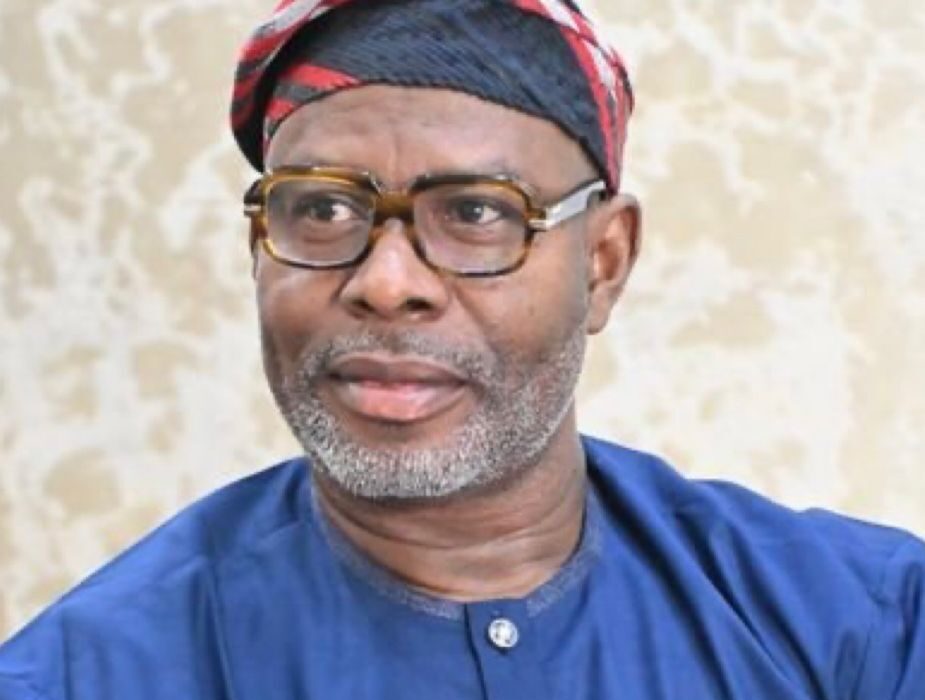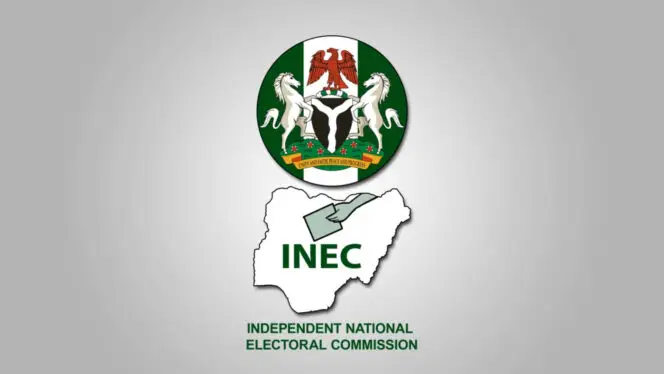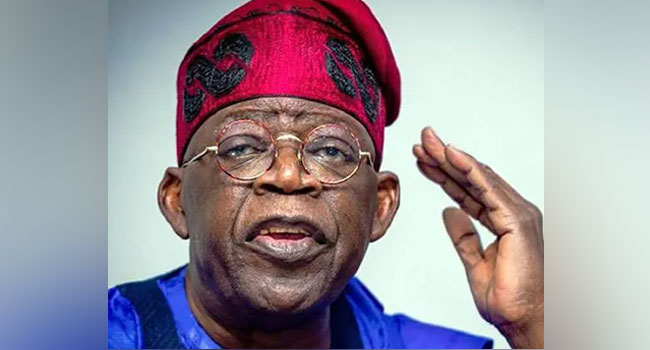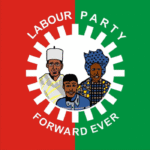The Lagos State Government has warned about the quality of underground water in Lekki, cautioning residents that borehole water in the area may be contaminated with sewage. This concern was raised by Mahmood Adegbite, the Permanent Secretary of the Ministry of Environment and Water Resources, during a recent stakeholders’ meeting in the state. Adegbite stated that “everyone digging borehole within the Lekki axis is probably drinking what I will call ‘shit water’,” attributing the contamination to a lack of proper wastewater treatment systems in the area. According to him, uncontrolled development, poor drainage systems, and the widespread use of septic tanks are allowing untreated waste to seep into underground water sources. Experts and environmental studies have consistently warned about the dangers of borehole water in coastal areas like Lekki. Investigations have revealed that many samples of borehole water from the area contain high levels of coliform bacteria, unsafe pH levels, turbidity, and even heavy metals—indicators of contamination from human waste and poor sanitation practices. Public health specialists have also raised concerns about the potential spread of waterborne diseases such as cholera, typhoid, and hepatitis if residents continue to consume untreated borehole water. The situation is compounded by Lagos State’s inability to meet its daily water demand. With a requirement of over 700 million gallons per day, the state currently produces less than 200 million gallons, forcing many residents to rely on boreholes and water vendors. In response, the government said it is taking steps to improve water regulation and sanitation monitoring, especially in high-density urban areas like Lekki. Residents have been urged to treat their water before consumption and to seek certified safe alternatives where possible. Despite the warning, many residents expressed frustration, citing a lack of access to public water supply and the absence of viable alternatives. They have called on the government to provide urgent infrastructure solutions that guarantee access to clean and safe water. The warning has reignited calls for improved urban planning and sustainable development in the Lekki axis, which continues to experience rapid growth without corresponding public utility infrastructure.










